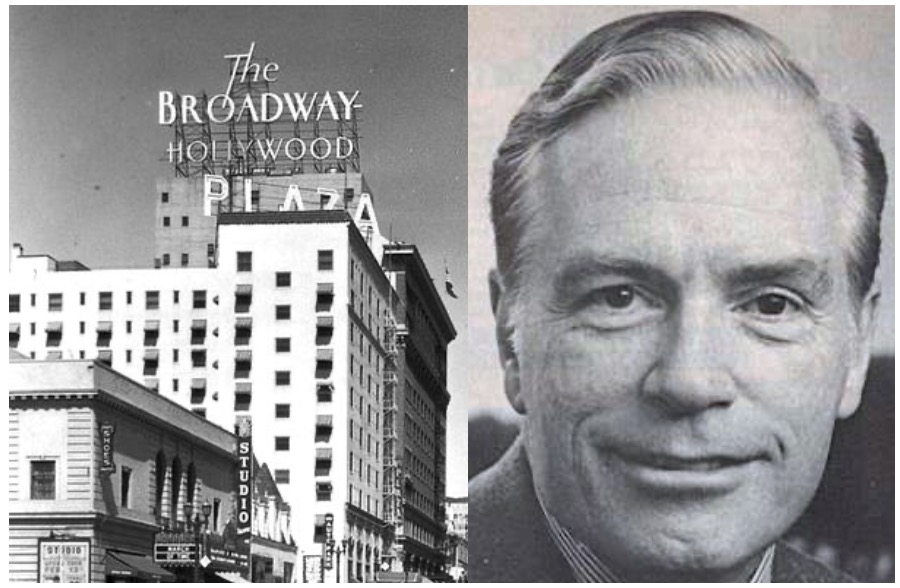Comments
REMEMBERING - Phil Hawley passed away a few days ago at age 97. I met him only once -- every day for four days in a row. What he did during those four days was one of the most amazing displays of sheer political/business power that I've ever seen.
It was late 1973 when OPEC declared an embargo on shipments of oil to countries they felt were supportive of Israel in October's "Yom Kippur War." It caused major problems throughout the U.S. The Department of Water and Power had recommended a mandatory reduced work week as a way to conserve power. Business and labor reacted critically to the plan.
Phil Hawley was the CEO of Broadway-Hale Stores and the chairman of the powerful Central City Association whose membership was, and still is, comprised of the captains of business and industry. He suggested that the city form an ad hoc committee of business, labor, and government leaders to quickly develop new recommendations.
Newly-elected mayor Tom Bradley was on a post-election vacation in the Virgin Islands. His staff and the acting mayor, Council President John Gibson, called the mayor who approved the idea. Hawley was named as the chair. My boss, Councilman Joel Wachs, was the only elected official on the 9-member committee. In the meantime, Bradley cut short his trip and rushed home.
We met for four straight days, including through a weekend. I watched all the heavyweights of business and labor come before the committee. Early on it was clear that the committee was pursuing a 25% reduction in power use for everyone.
The L.A. Times came and claimed that it couldn't meet that kind of reduction. Their general counsel tossed up the First Amendment as a shield and complained about their potential loss in advertising revenue. Fred Hartley, the outspoken head of Union Oil, said he could save some power by stopping their big logo balls from rotating, but they couldn't meet such a cutback. He suggested that the Times could save power by eliminating its Sunday edition. He never liked the Times.
Hawley had heard enough. He told the Times to come back the next day with a different attitude or he would contact his department store colleagues and pull their advertising from the newspaper. If you're old enough to remember, department stores ran several full pages of ads in the newspapers at the time.
He told Union Oil, Texaco, and the other whiners that the burden needed to be shared equally by everyone for it to be fair. He told them that if they felt that they couldn't do their fair share, they should explain to the committee who should cutback more to make up the difference.
The Times came back the next day and said that upon reflection they could manage an 11-15% cut. It was a fascinating sight to see.
In the end, the whiners saved their arguments for the full city council, and some adjustments were made, but overall everyone shared in the pain and the cutbacks started.
It was exciting and eye-opening to be the only city council staffer in the room during these meetings. I'm glad that I got know Phil Hawley on this level, and that I got to see someone working toward the betterment of the city as their only focus, and not being driven by political ambition.
(Greg Nelson, Former chief of staff to Councilman Joel Wachs and past contributor to CityWatchLA.com.)
















